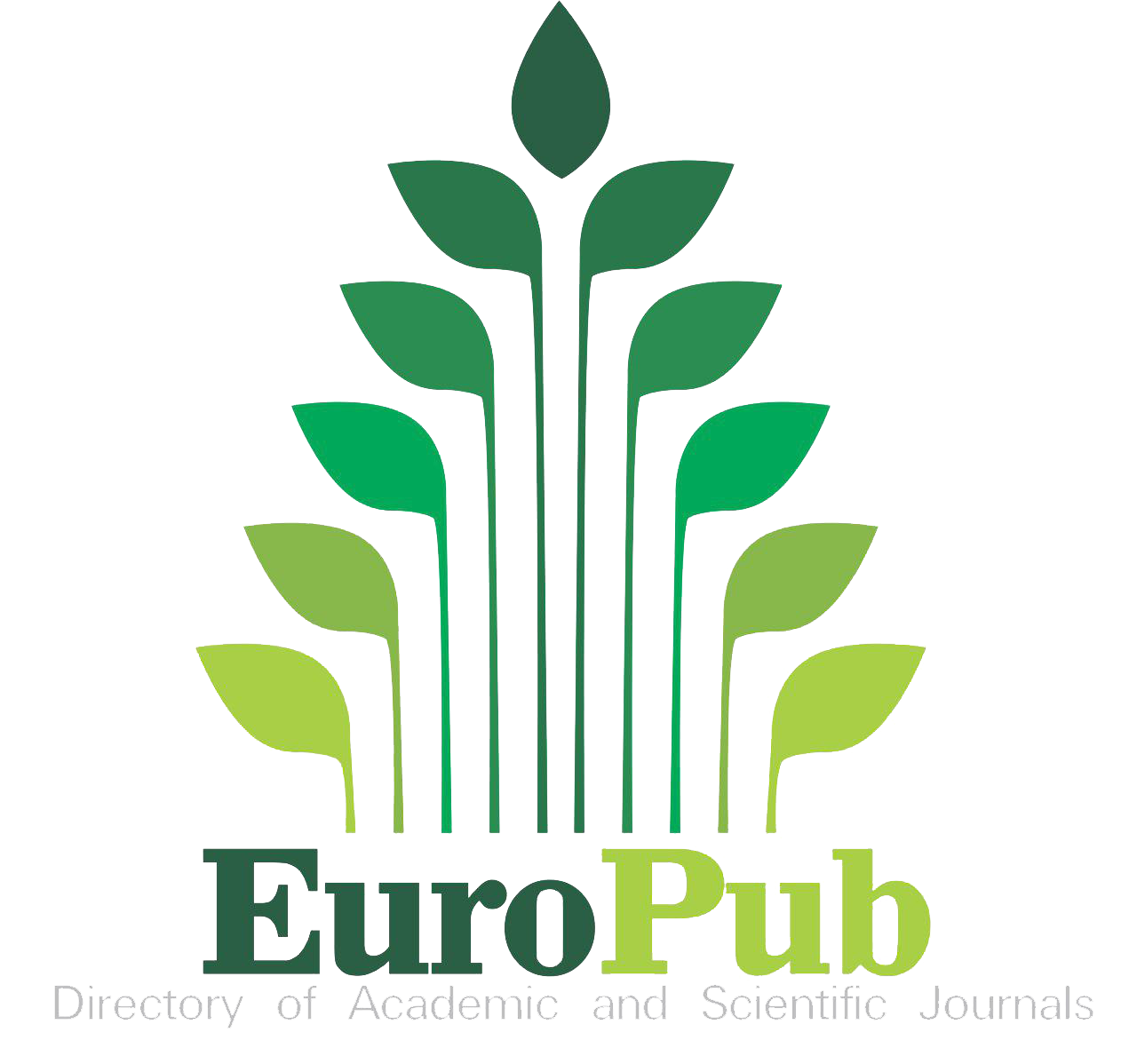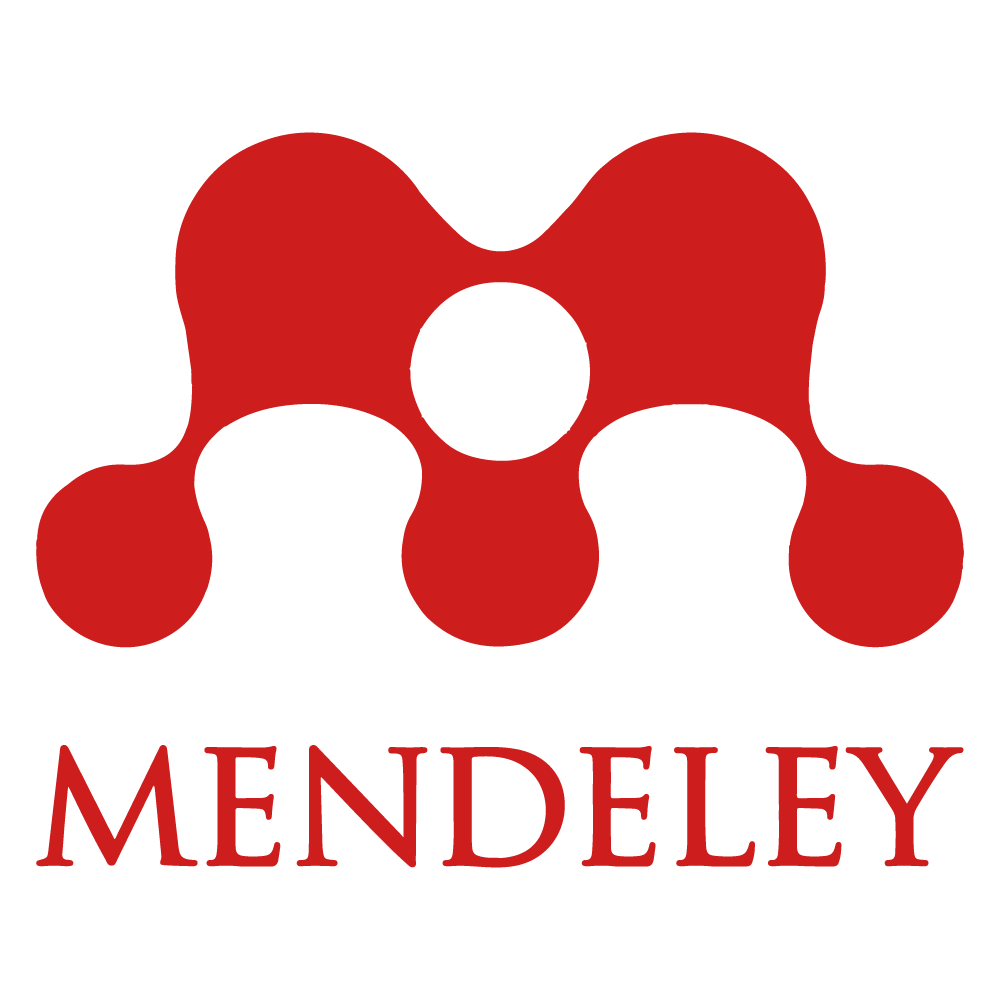ACREDITATION
AUTHOR GUIDELINES
The manuscript texts are written in English. Manuscripts will be first reviewed by editorial boards. The main text of a manuscript must be submitted as a Word document (.doc) file, well-typed in single column on A4 size paper, use 12 pt of Times New Roman.The manuscript contains an original work and have potentially contribute to the highly scientific advancement.
Template can be download here
The manuscript should contain the following section in this order:
a. Title
Title of articles in English should describe the main content of manuscripts, be informative, concise, and not too wordy (12-15 words only), and does not contain formulas.
b. The author’s name
Full name without academic degrees and titles, written in capital letters. Manuscript written by groups needs to supplemented by complete contact details.
c. Name of affiliation for each author
The author name should be accompanied by complete institutions and email address.
d. Abstract
Written briefly in English in one paragraph of 100 - 150 words, containing background, research objectives, methodology, results, conclusion of the study and your research contributions to science.
e. Keywords
Written in English maximum 7 keywords.
f. Introduction
Explaining the background, problems, importance of research, brief literature review that relates directly to research or previous findings that need to be developed, and ended with a paragraph of research purposes. A balance must be kept between the pure and applied aspects of the subject.
g. Methods
Make sure that work can be repeated according to the details provided. It contains technical information of the study presented clearly. Therefore, readers can conduct research based on the techniques presented. Materials and equipment specifications are necessary. Approaches or procedures of study together with data analysis methods must be presented.
h. Results
Well-prepared tables and or figures must be of significant feature of this section, because they convey the major observations to readers. Any information provided in tables and figures should no longer be repeated in the text, but the text should focus on the importance of the principal findings of the study. In general, journal papers will contain three-seven figures and tables. Same data can not be presented in the form of tables and figures. The results of the study are discussed to address the problem formulated, objectives and research hypotheses. It is higly suggested that discussion be focused on the why and how of the research findings can happen and to extend to which the research findins can be applied to other relevant problems.
i. Discussions
The results of the study are discussed to address the problem formulated, objectives and research hypotheses. It is higly suggested that discussion be focused on the why and how of the research findings can happen and to extend to which the research findins can be applied to other relevant problems.
j. Conclusions
Conclusion should be withdrawn on the basis of research findings, formulated concerns and research purposes. Conclusion is presented in one paragraph without numerical form of expression. Explain your research contributions to science.
k. References
Put your text here (hanging, justified, single-spaced, and in 12-pt Times New Roman font). Insert cited references here in alphabetical order. Do not insert a line of space between references. Use the format guidelines provided in the Instructions to Authors. Recommended is the Mendeley reference manager using APA style. Please add DOI at the end of the reference if it is available.
l. Language Quality, Proofreading, and Institutional Responsibility
All final accepted manuscripts are required to undergo professional English proofreading before publication, and authors are fully responsible for the accuracy of the final, proofread version.
m. Use of Generative AI
The use of generative AI tools is limited to improving language clarity and style and must not be used to generate scientific content, data, or analyses. Any such use should be transparently disclosed, and all authors remain fully responsible for the integrity of the manuscript.










